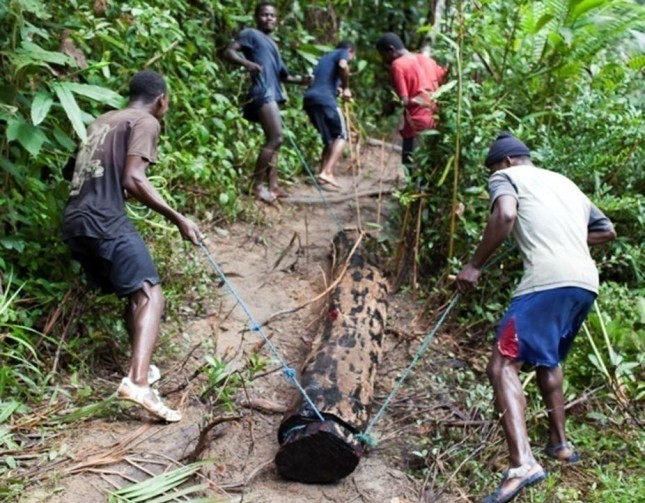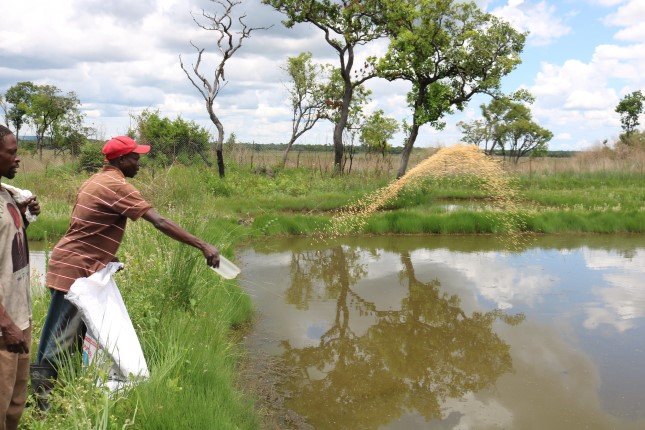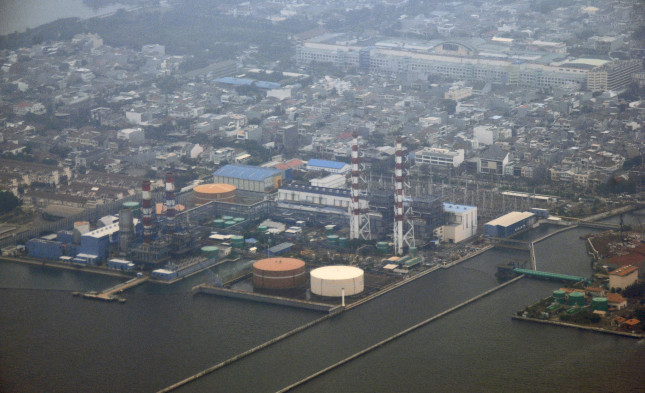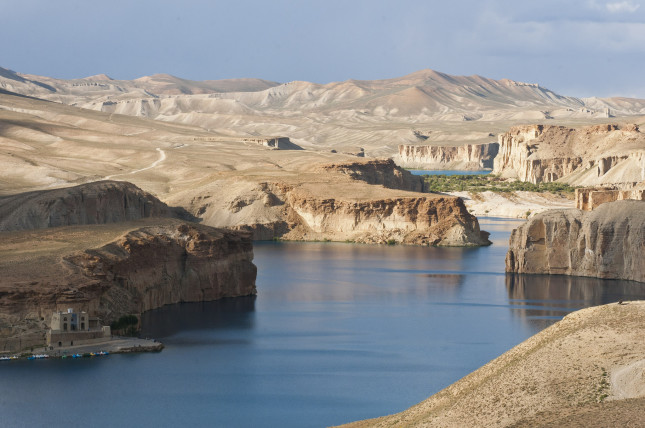Kyla Peterson
Kyla Peterson is currently a graduate student at American University (AU), pursuing a dual degree in Natural Resources and Sustainable Development in conjunction with International Relations. Kyla just completed her first graduate year studying at the University for Peace in Costa Rica, a sister school to AU.
After living and learning in Costa Rica, Kyla cultivated a more expansive view on sustainability and community-based development. With the experiences gained in this foreign settings in addition to the skills honed at the Wilson Center, Kyla hopes to become acting tool for sustainability development in both the international and national realm.
-
The “Push” Factor: Central American Farmers, Free Trade, and Migration
›April 17, 2019 // By Kyla Peterson
The number of migrants traveling from Central American countries (particularly El Salvador, Guatemala, and Honduras) destined for the United States has rapidly increased in recent years. In 2018, 87 percent of Central American immigrants came from those three countries, which account for most of the migrants at the U.S. southern border. Their numbers will likely only increase considering the Trump administration’s plan to cut around $700 million in aid to these three countries. The absence of aid will reduce countries’ ability to confront the violence, crime, and government instability within their borders—which act as some of the more notorious drivers of the movement north.
-
Fostering Citizen Enforcement and Rule of Law Could Cut Down Illegal Logging
›
“The trade in illegal timber products—those harvested and exported in contravention of the law of the producer country—is entangled in corruption, conflict, insecure land rights, and poor governance,” said Sandra Nichols Thiam, Senior Attorney of the Environmental Law Institute. She moderated a panel titled “Citizen Enforcement in the Forestry Sector” hosted by the Environmental Law Institute that explored illegal logging within the forest sector. Illegal harvesting of timber accounts for roughly 50 percent to 90 percent of forest activities in major producing countries within the Amazon Basin, Central Africa and Southeast Asia, said Thiam. This illegal timber trade is estimated to be worth from $30 billion to 100 billion dollars annually. Dismantling this extensive illegal enterprise would help promote biodiversity conservation, climate mitigation, human rights and sustainable development.
-
Better Water Security Translates into Better Food Security
›
“Food production is the largest consumer of water and also represents the largest unknown factor of future water use as the world’s population continues to balloon, and we face increasing weather-related shocks and stresses,” said Laura Schulz, Acting Deputy Assistant Administrator in USAID’s Bureau for Economic Growth, Education and Environment. She spoke at “Feeding a Thirsty World: Harnessing the Connections Between Food and Water Security,” an event sponsored by the Wilson Center, Winrock International, the Sustainable Water Partnership, and USAID. Currently about 70 percent of global water goes to agriculture, a number that is projected to rise “as high as 92 percent,” said Rodney Ferguson, the President and CEO of Winrock International.
-
How Building Political Will in Asia Could Improve Environmental Governance
›
A high degree of political will is one of several pre-conditions needed for good environmental management, said Kim DeRidder, Regional Director for Environmental Programs at the Asia Foundation. He spoke at a round-table on Advancing Environmental Governance Across Asia hosted by the Asia Foundation. While he emphasized the need to promote political will within Asia, he questioned whether the bold pledges that some Asian countries made in the Paris Agreement, such as the Philippines’ pledge to reduce emissions by 70 percent by 2030 and Indonesia by 26 percent, were realistic given the significant disconnect between what a country claims it is going to do and what it can actually do.
-
Warzone Conservation in Afghanistan: Build a National Park, Build Democracy
›
“For people who have been refugees for the last 30 years, protecting Afghan wildlife was a way of protecting your own identity,” said Alex Dehgan, CEO and founder of Conservation X Labs, who recently spoke at the Wilson Center at the launch of his book, The Snow Leopard Project: And Other Adventures in Warzone Conservation. He credited his success in Afghanistan to crucial community members. By tapping into their local pride in conservation, Dehgan was able to establish the foundations for the country’s first national park, Band-e-Amir National Park, which opened 2009 in order to protect the endangered snow leopard and the rich biodiversity of Bamyan Province.








